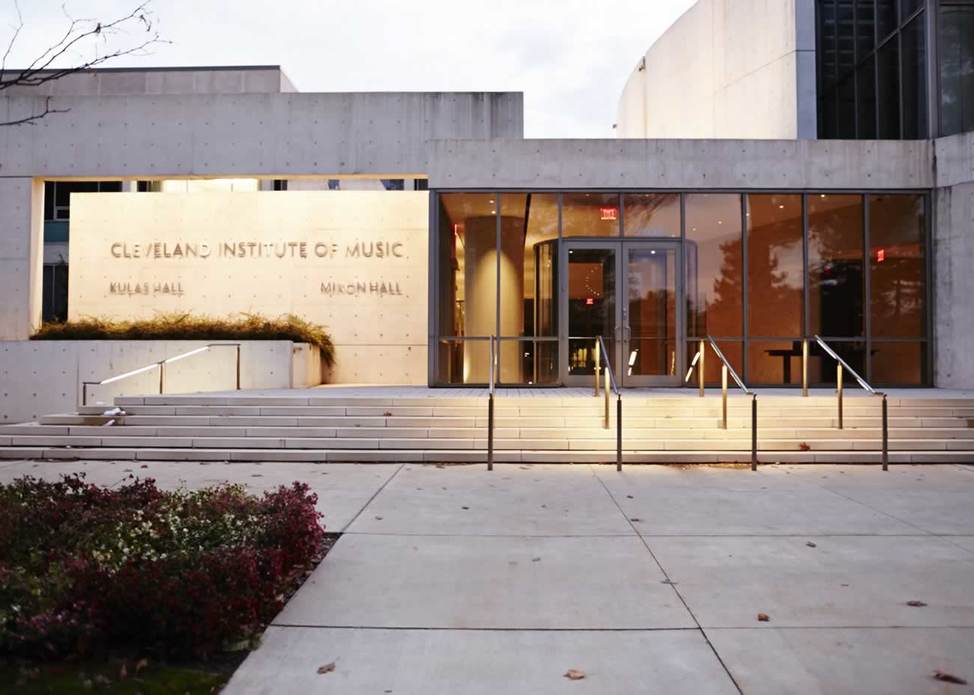Whistle-blower: Sony wants a pound of flesh
mainWhen Sony Classical offers a young artist a record deal these days, it no longer just wants to own what goes on in studio.
Agents have been alarmed to read in the new contracts that, in exchange for the privilege of appearing on its label, Sony expects to receive a share of all the artists’ earnings – in concert, on tour, in media, wherever.
The contract specifies that Sony will own 15 percent of 80 percent of all the artist’s live fees. Some agents are putting up a fight but bright young soloists are so flattered by the approach and so desperate to get their name on a CD sleeve that they will sign anything – and don’t the corporation just know that.
Sony is not alone. Deutsche Grammophon also wants a share of the action. If DG pays 15 percent of an artist’s record earnings, they expect to receive 7.5 percent of his concert fees. I haven’t checked EMI, but if they don’t have a similar set of screws I’m sure they will pop up here quickly to tell us.
The major labels justify this new form of exortion by arguing that their prestige and promotion gives the artist a career boost, and this in return entitles them to a slice of the action. Looked at from an independent perspective, it appears to be a form of creeping slavery by which the corporation owns the musician, body and soul. DG/Universal’s imminent merger with a major artist management agency will certainly accelerate that process.
It is, by any reasonable measure, an unacceptable demand and, if challenged in court, it might well be ruled an unfair restraint of trade. It could not happen in another industry. If a publisher were to say that, by stamping their colophon on my next novel, they want a slice of all my earnings from broadcasting, films, public speaking and Strictly Come Dancing, my US agent would (I imagine) escort him out through her twenty-fifth floor window.
My advice to musicians is: shun Sony and DG until they drop the clause. It is unacceptable, morally, artistically and commercially.





Those conditions amount to musical sharecropping, and it’s outrageous. Perhaps it matters not; DG and Sony haven’t released anything interesting in so long that I’ve been unknowingly shunning them for some years. I simply can’t remember the last time I bought a DG or a Sony cd. (Wait, I just remembered: it was in 1998 when I picked up Previn’s recording of Korngold’s Symphony in Japan.) Please DG, no more “stars”, just give us some emphatic music making in truly gripping compositions.
It is up to us as musicians to say no to this kind of exploitation. Until we do the business world will continue to take advantage of us, as they think they can.
Thanks for this post. I agree that it’s an unacceptable demand on the labels’ part. But there is another facet to this that might be worth considering.
Labels may try to make the point that the PR forces they bring to bear on behalf of their artists’ recordings certainly fuel buzz for their tours. When I’m contacted to write about a live event, the press rep is often – though not always – someone from the label.
Artists are making far more money from touring than record royalties. Meanwhile, sales of recordings – the primary source of a label’s income – remain sluggish. If an artist is being supported on tour by a label’s organizational and PR apparatus, is the label then entitled to some of the live revenue?
The percentages mentioned above seem high. But how can artists and labels have an equitable relationship that acknowledges the current economic realities of the classical recording industry?
How is this different from the film industry?
They participate in all the rights of a release.
Nobody has to sign with Sony or anyone else.
Stop complaining.
Mozart had a similar record deal in his day. I think we are returning to the 17th century way of doing things.
Do not forget: The labels are making the stars with their marketing experience. At the end it’s only a calculation for the artist: beeing unknown but earning the whole fee for live acts (minus the provision for the artists management agency) or getting know to a broad audience and earn more money. Each artist has to make his own decision.
Interesting thing is, though, I don’t know how this makes me feel. On the one hand, I agree that it is a kind of slavery. On the other, recording is little more than a vanity field now and it makes sense that record companie…s would want to move into the artist management field.
On yet another hand, however, DG is still signing soloists? I thought these companies were mostly in the business of reissuing their old catalogs.
This seems like a first attempt at a 360 deal, don’t you think? The record labels get their feet in the concert-fee door, and then can start negotiating those concert fees in tandem w/ the artists’ managers themselves. A not-so-subtle cash grab.
NL: Actually, the labels are in competition with the artist managers. They want to eliminate independent management.